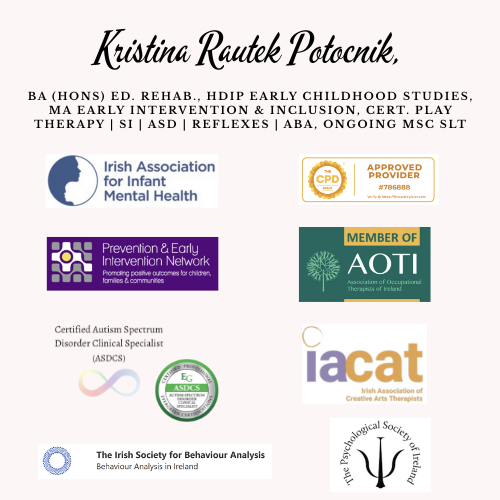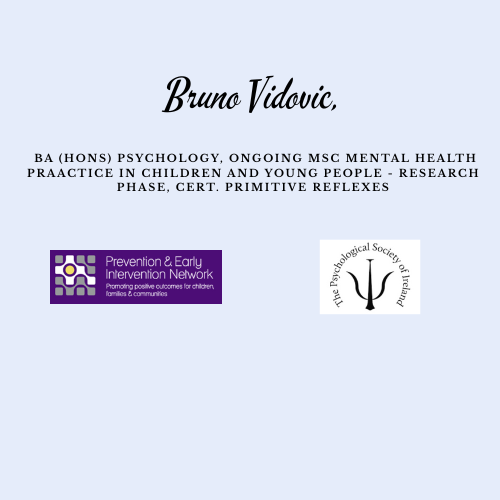Benefits of Chess in Early Intervention
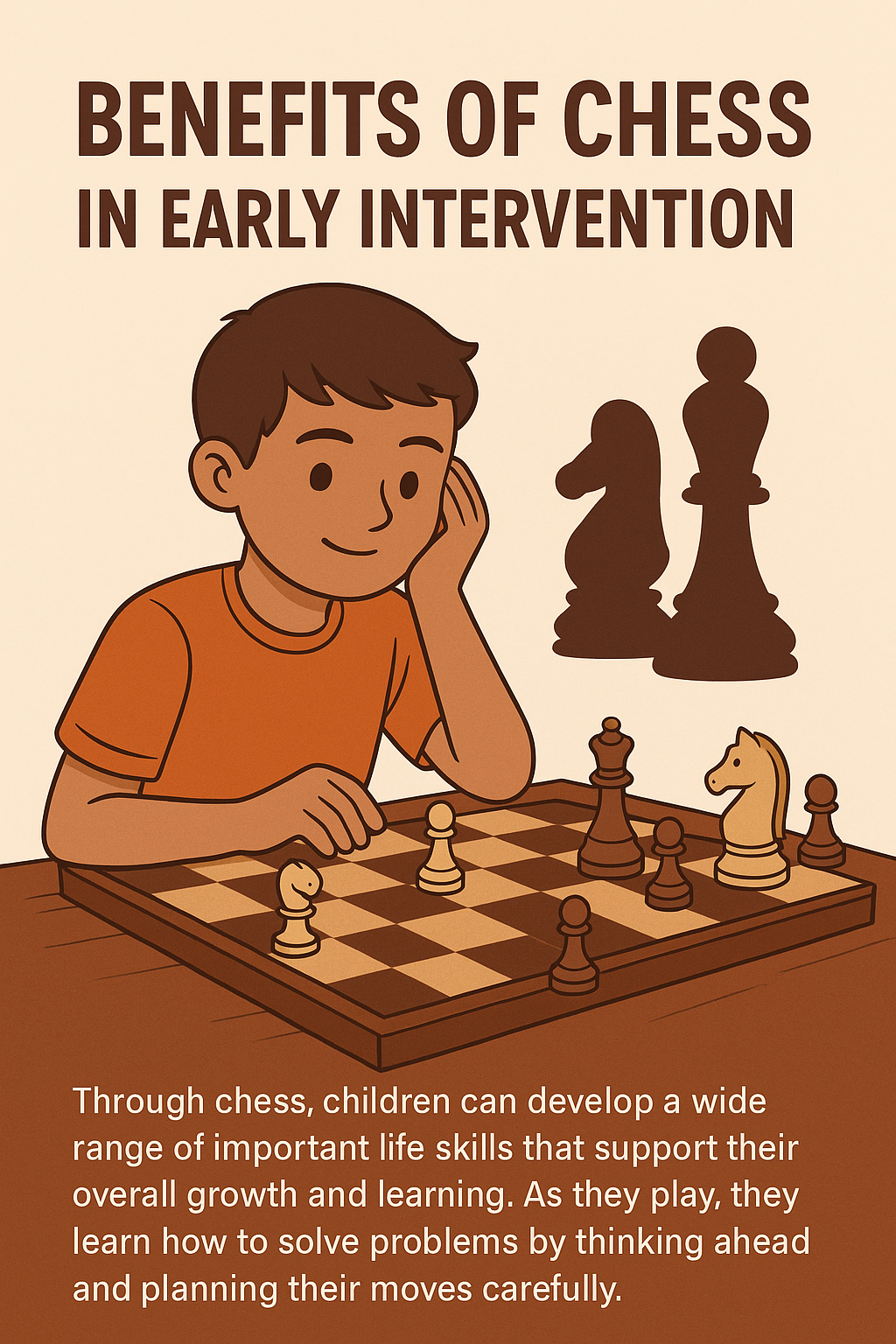
Author: Bruno Vidovic, BA (Hons) Psychology, ongoing MSc Mental Health Praactice in children and young people - research phase, Cert. Primitive Reflexes
Chess Is More Than Just a Game
Most people think of chess as a quiet board game played by serious thinkers. But did you know that chess can also help children (and adults) grow emotionally, socially, and mentally? More and more professionals working in early intervention are using chess to support children with learning difficulties, help with focus and confidence, and even build emotional strength.
What Can a Game of Chess Tell Us?
The way someone plays chess can actually reveal a lot about their personality—like how patient they are, how they deal with mistakes, and whether they take risks. In early intervention, chess is used as a tool to help children organise their thoughts, stay calm under pressure, and respond better to unexpected challenges. It’s not just about winning—it’s about learning how to think clearly and act wisely.
Chess Builds Confidence in Children
A study in New Jersey found that children who played chess for just one year became noticeably more confident. This confidence can carry over into school, friendships, and everyday life.
Helping Children With ADHD
Children with ADHD often struggle with focus, planning, and self-control. Chess can help with all of these. One study in Spain gave 44 children with ADHD a short chess training programme. Most of them improved, even if they were also on medication.
In another study, children attended chess lessons once a week for 11 weeks. After the programme, 83% of the children showed fewer ADHD symptoms, and some improved as much as they would have with medication—without any side effects. Parents noticed better memory, planning, and calmness.
Chess Supports Children With Autism
Chess also helps children with autism focus better and channel their energy into something positive. Because chess is structured and predictable, it feels safe for children who may find social situations overwhelming.
Boosting Thinking and Memory
Chess sharpens many thinking skills. People who play regularly are often better at remembering things, solving problems, and recognising patterns. Chess also teaches players how to understand someone else’s point of view—because to win, you need to predict what your opponent might do next.
Growing Creativity
Believe it or not, chess can also boost creativity. In one study, students were asked to come up with unusual uses for everyday items. Those who played chess were more creative in their answers than those who didn’t.
Chess as a Tool in Early Intervention
In early intervention settings, chess is sometimes used to help children and young people express their emotions, understand their reactions, and build healthier habits. Because it’s a game, it feels less intimidating than a conversation, and it gives children the chance to practise managing stress and making decisions.
Through chess, children can develop a wide range of important life skills that support their overall growth and learning. As they play, they learn how to solve problems by thinking ahead and planning their moves carefully. The game naturally encourages patience and persistence, as progress takes time and consistent effort. Over time, children gain confidence and become more aware of their own strengths, challenges, and ways of thinking. Chess also promotes respect for others by teaching children to follow rules, take turns, and value their opponents. Perhaps most importantly, the game helps them understand that every move has a consequence, which builds a sense of responsibility for their choices—both on the chessboard and in everyday life.
Chess in School: Learning Made Fun
Encouraging Deep Thinking
Chess fits perfectly with what educators call "higher-order thinking"—skills like analysing, evaluating, and creating new ideas. Unlike simple memorisation, chess pushes children to think ahead, plan their moves, and learn from mistakes.
Better Reading and Maths Skills
Studies from New York and Texas showed that children who played chess in school improved more in reading and maths than those who didn’t. In one study, even replacing just one maths class a week with a chess lesson helped children—especially those who were bored or struggling—to enjoy learning again and perform better in class.
Social Benefits: Connecting People
Chess is a great way to bring people together. It doesn’t matter where you come from or how much money you have—everyone is equal on the chessboard. Playing chess with others helps children learn how to take turns, handle wins and losses, and connect with people in a positive way.
Chess as a Lifelong Skill
Chess isn’t just for competitions or quiet Sunday afternoons—it can be a powerful tool in early intervention to help children grow. Whether it’s building focus, managing emotions, boosting confidence, or learning valuable thinking skills, chess has something to offer every child.
So next time you see your child leaning on a chessboard, remember: they’re not just playing a game—they’re developing life skills that can help them thrive!
Latest Posts
- How children make sense of the world through their senses
- How your baby learns about the world through their senses
- Helping your child grow stronger through movement and play
- Understanding How Early Intervention Helps Children Learn, Move, and Connect
- How to Recognise Tactile Defensiveness and Help Your Child Feel Safe
- Understanding Feeding Challenges and How to Support Your Child at Home
- Let’s Talk Sitting: Exploring Floor Seating Options
- Retained Primitive Reflexes: The Hidden Cause Behind Developmental Struggles
- Where Curiosity Blossoms: How Children's Play Nurtures Growth for All
- Helping Your Child Through Stress: A Gentle Guide for Parents
- Sweet Little Lies – How to Recognise and Respond with Care
- Chores Are More Than Just Tasks – They’re a Tool for Growing Independence, Focus, and Confidence
- How to Help Children Develop Emotional Intelligence
- Blending Technology and Care: How VR Meta Quest Supports Children at NeuroNest
- A simple guide for parents who want to raise confident, happy children
- Setting Boundaries with Love: A Simple 3-Step Guide for Parents
- Understanding Behavior Through the Nervous System
- A Compassionate Lens on Dysregulation in Non-Speaking Autistic Individuals
- Supporting Development Through Movement: The Role of the Swing in Early Intervention
- Blending Tradition and Innovation: How NeuroNest Supports Your Child’s Unique Journey
- When Movement Meets Innovation: Supporting Child Development with GoBalance
- Why Visual Perception Matters for Everyday Life and Development
- Benefits of Chess in Early Intervention
- Building Healthy Nutrition from the Start
- A Journey Back to Your True Self
- Supporting Your Child’s Hand Skills for Confident Writing
- Blending the Best of Both Worlds
- Helping Toddlers Eat Well: A Parent’s Guide
- Why Tummy Time Matters for Your Baby's Development
- Helping Your Child Build Everyday Independence
- Who Are the Disconnected Kids?
- From First Tries to Automatic Habits: Understanding the Stages of Skill Learning
- Why a Child’s Level of Alertness Matters for Memory and Learning
- Early brain development starts before birth
- Why Slowing Down, Adapting Tasks, and Adding Breaks Helps Children Learn Better
- Why ADHD, Autism, Dyslexia and Other Challenges Need a New Approach
- The surprising power of copying in child development
- Books are more than just language tools—they’re powerful allies in sensory and motor development.
- Rethinking sensory support: moving beyond expensive rooms toward everyday understanding.
- Understanding how fear develops in a child’s brain
- Understanding how an early baby reflex can affect your child’s daily life
- A gentle start into baby development through movement and bonding
Our Partners

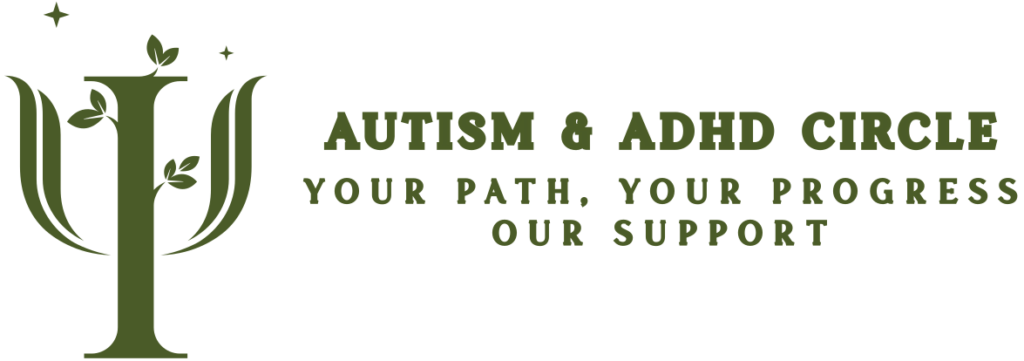
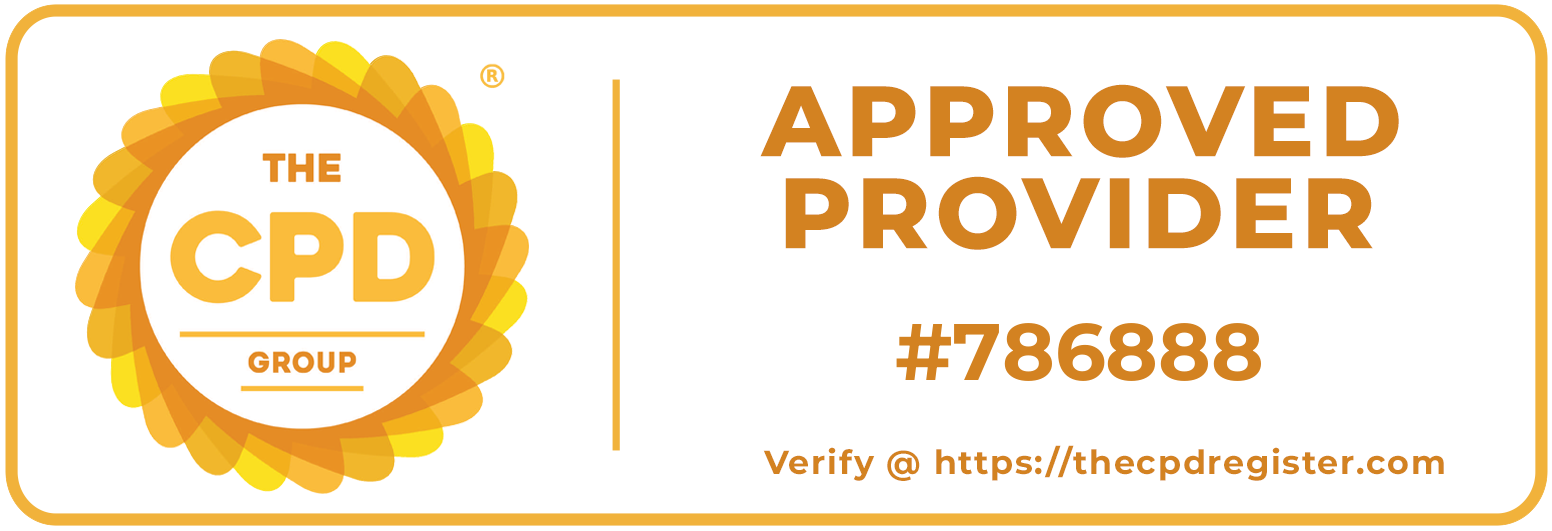
Our Memberships
